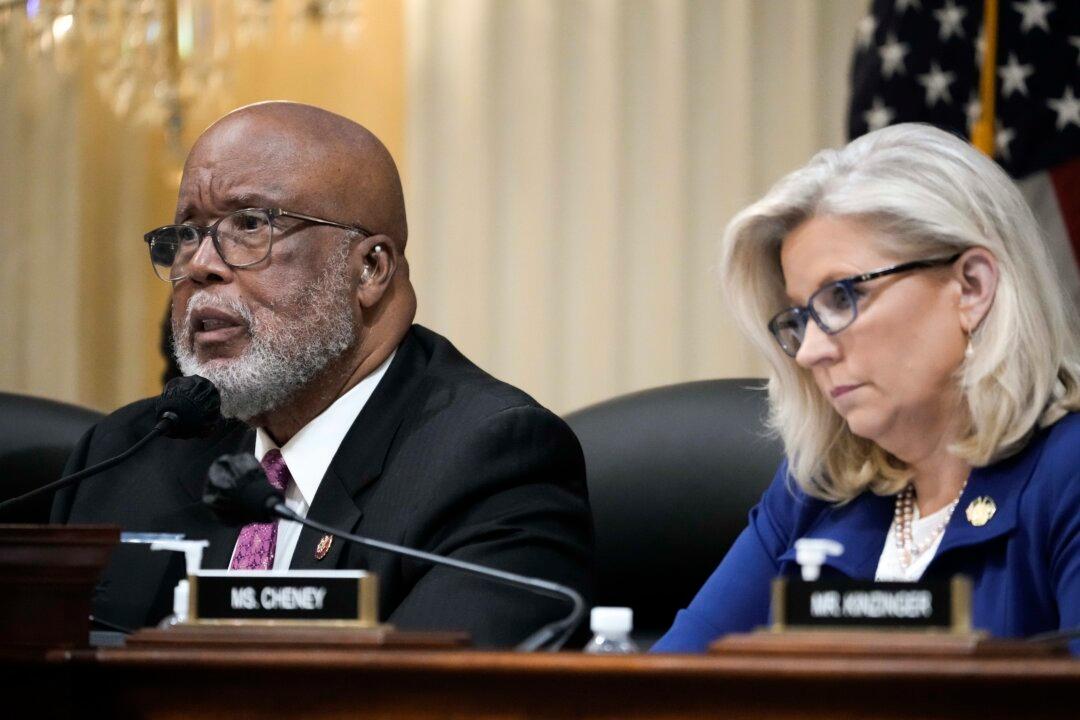D.C. District Judge Tanya Chutkan has denied former President Donald Trump’s motion to subpoena records from the House of Representatives’ Jan. 6 committee, arguing that his requests are like a fishing expedition.
Her seven-page decision criticized the scope and alleged vagueness of President Trump’s requests. It also argued that he was improperly applying Federal Rule of Criminal Procedure 17 to information that could be obtained through other means.





